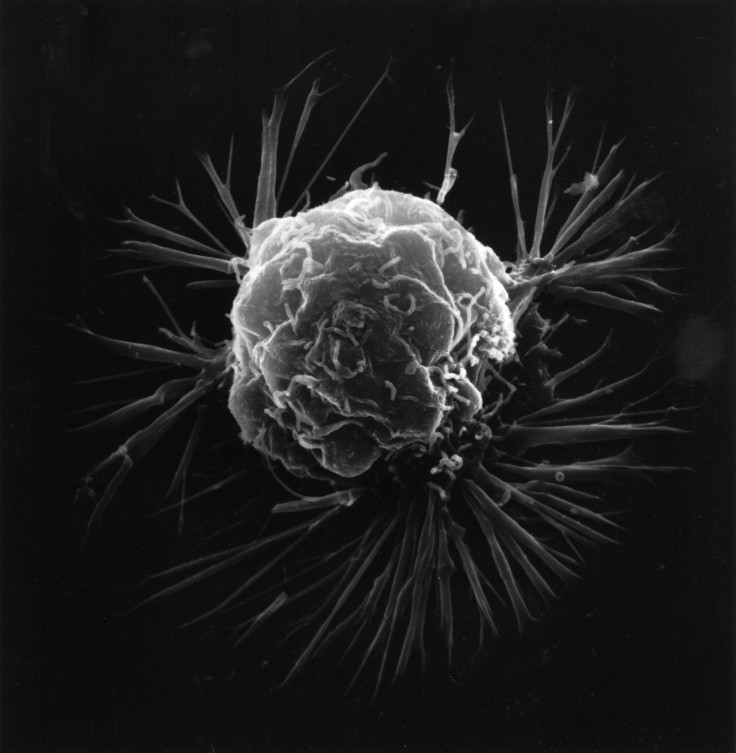British Scientists Map Genes of Lung Cancer Tumors

In an effort to gain new insights into how lung cancer develops, British scientists are mapping the genes of the tumors of 850 patients.
With a £14 million budget divided between six research centers, the community hopes to accelerate development in a field where scientific progress has fallen behind. According to BBC News, the researchers will study how tumors evolve over nine years and identify the natural processes whereby they adapt, develop resistance, and ultimately evade treatment.
"The main hope will be a much better understanding of how non-small-cell lung cancer changes and adapts over time. And by understanding how it changes and adapts over time, I hope we'll get a better insight into developing better therapeutics to stop those changes and adaptations from happening," said Professor Charlie Swanton of Cancer Research UK's London Research Institute and University College of London.
At the moment, about 35,000 lung cancer patients die each year in the UK alone. Only nine percent of patients survive beyond five years after their diagnosis.
A comprehensive genetic blueprint of the patients' tumors could help physicians detect cancerous activity much earlier in the future, allowing them to diagnose patients before it's too late.
"Typically we're diagnosing lung cancer patients very, very late," said Dr. Harpal Kumar, who is Cancer Research UK's chief executive. "By which time their cancers are already very advanced, they've often already spread around the body and often that means that those patients are too ill to go onto a clinical study or for us to get access to a sample of their tumor on which we can then do research. Getting access to that sample is critical for us to be able to understand the disease."
Dr. Kumar added that the disease should not be stigmatized as a self-inflicted "smoker's cancer," as 20 percent of diagnoses are completely unrelated to tobacco use.
"We mustn't take our eyes off smoking," he told reporters. "We know that smoking causes a quarter of all cancer deaths not just lung cancer - of all cancer deaths. So it is a problem that still needs to be tackled. But it is wrong to think that all lung cancer is caused by smoking."



























